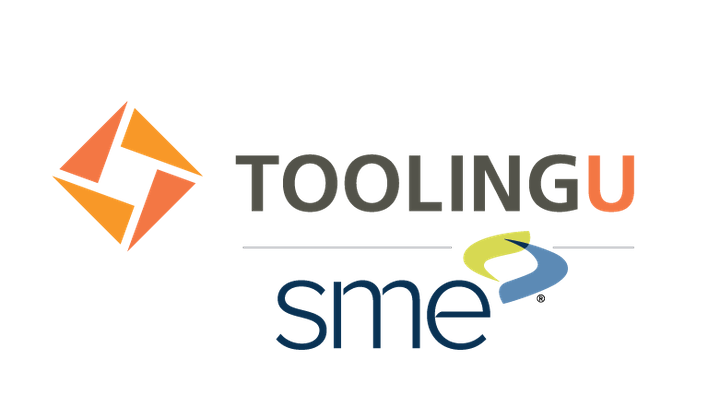
Nondestructive Testing 211 provides an overview of nondestructive testing and its six most common methods. Nondestructive testing (NDT) is the process of evaluating the quality and integrity of a manufactured part without harming its usability. There are six common NDT methods: visual testing, liquid penetrant testing, magnetic particle testing, eddy current testing, radiographic testing, and ultrasonic testing. Each method requires a certified technician choosing appropriate variables, operating the equipment, and interpreting results. Despite NDT's many advantages, no one NDT method is capable of finding all types of flaws and defects in every type of part. As a result, manufacturers and inspection personnel must have a proper understanding of NDT and its most common methods in order to ensure it is used both effectively and reliably. After taking this class, users will be able to better understand NDT, its six most common methods, and the appropriate applications of each.
Other Courses in this Program:
Basic Measurement 101140010 Calibration Fundamentals 111
140020 Basics of Tolerance 121
120030 Blueprint Reading 131
120035 Types of Prints & Engineering Drawings 132
140050 Hole Standards and Inspection 141
140030 Thread Standards and Inspection 151
140040 Surface Texture and Inspection 201
140110 Introduction to GD&T 301
140210
Course ID
140120
Skill Focus
Intermediate
Instructor(s)
ToolingU
Employee Type
Method of Delivery
Online
Estimated Effort
60